Oil patches are the main reason of the birds’ death
Published:
10 August 2000 y., Thursday
Azerbaijan is one of the unique ornithological regions of the world. Almost 10 millions of water-marsh birds migrate along the coast of Caspian Sea flying over territory of Azerbaijan. Hundred thousands birds annually build their nests on the islands of the Caspian sea, along its coast on water-marsh lands. But this frequently ends with tragedy …
In 1945 the case of mass death of birds in the sea was marked. Then flood of petroleum from an oil pipeline conducting to island Pirallahi, has brought 35 thousand ducks and bald-coots to death, and an oil patch "has traveled" from a northeast coast of Apsheron up to a gulf Sangachalskij. Now on the coast of this gulf the largest petroleum terminal is build, 175 kilometers long underwater oil pipeline conducts to it at a bottom of Caspian sea; from it two export oil pipelines to the west and the north diverge.
Birds are the most sensitive to petroleum pollution. If the bird gets in an oil patch, it practically has no chances to survive. In whole the world cases of death of hundreds thousands of birds are known - and this was a result of flood of petroleum only. So it happened in 1956 in an estuary of Elba - then half-million of birds died! During the years 1970-80 400 thousand of birds perished annually because of the floods of petroleum in Northern Atlantic. Unfortunately, in Azerbaijan such statistics is not recorded.
The problem of monitoring has the international aspect since birds wintering in Azerbaijan build their nests in Russia and Kazakhstan, and those birds, which build their nests in Azerbaijan winter in the countries of Africa and Near East.
Already now the oil production in the sea by Azerbaijan International Operational Company (AIOC) approaches to 5 million tons per year. In spite of the fact that AIOC has done much for gathering the preliminary data on resources of water-marsh birds in the areas of production and transportation of petroleum, the programs on monitoring the birds, which were presented several years ago, were not realized.
Consequences of the break of a huge 175 kilometers long oil pipeline would be awful. The tankers transporting the Kazakhstan petroleum through Caspian Sea endanger, too. This must not be forgotten. And the accident when because of the recent destruction of the English tanker in English Channel thousands of sea birds perished may serve as the sad example. Emergency measures were taken; it has been tried to rescue the birds by the way of cleaning them of petroleum. But the stress developing during similar operations has practically led to naught all the efforts of scientists and enthusiasts.
Today the situation has reached a critical level. It is necessary to begin all the needed researches in the Caspian Sea and to develop the project on birds and animals protection immediately.
Copying, publishing, announcing any information from the News.lt portal without written permission of News.lt editorial office is prohibited.
The most popular articles
Rare panda cow is born in Cilorado with markings that resemble a much larger panda bear.
more »
 New Zealand Air Force releases thousands of UFO files.
more »
New Zealand Air Force releases thousands of UFO files.
more »
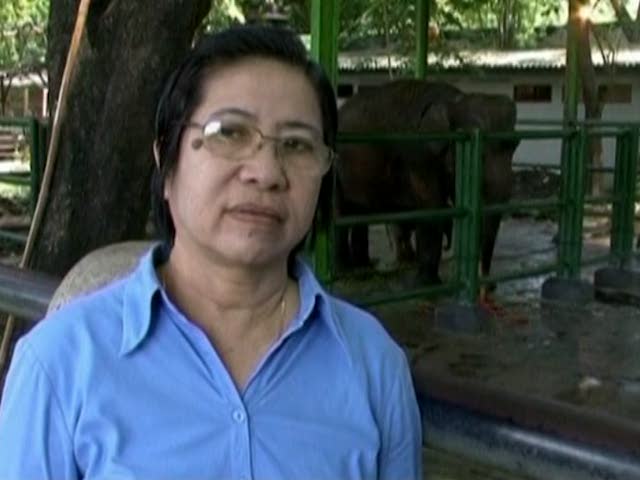 A zoo in Surabaya, Indonesia welcomes a newborn Sumatran elephant.
more »
A zoo in Surabaya, Indonesia welcomes a newborn Sumatran elephant.
more »
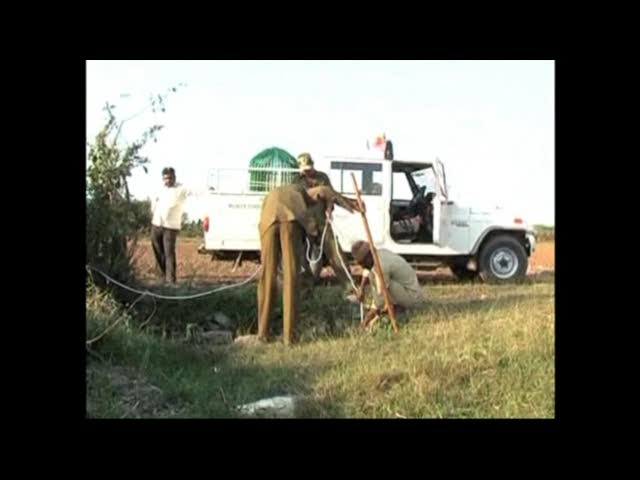 Take one angry leopard trapped for several hours down an Indian village well, add water, and stand well back while a team of rescuers work out how to save it.
more »
Take one angry leopard trapped for several hours down an Indian village well, add water, and stand well back while a team of rescuers work out how to save it.
more »
 A new restaurant in eastern China uses robots to serve and entertain customers.
more »
A new restaurant in eastern China uses robots to serve and entertain customers.
more »
 Japanese jump start holiday celebrations for the Year of the Rabbit by dressing up their own pet rabbits.
more »
Japanese jump start holiday celebrations for the Year of the Rabbit by dressing up their own pet rabbits.
more »
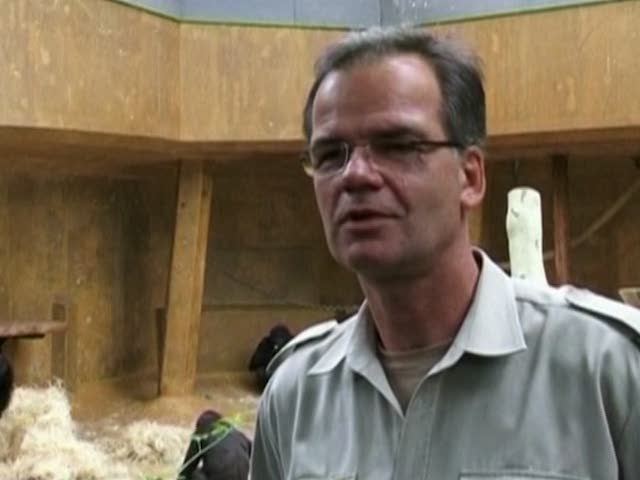 A baby gorilla born at a zoo in northern Germany surprises zookeepers, who expected a different female to give birth.
more »
A baby gorilla born at a zoo in northern Germany surprises zookeepers, who expected a different female to give birth.
more »
 Swiss doctors say a 23-year-old German whose stunt went wrong during a live T.V. broadbcast will never again walk normally.
more »
Swiss doctors say a 23-year-old German whose stunt went wrong during a live T.V. broadbcast will never again walk normally.
more »
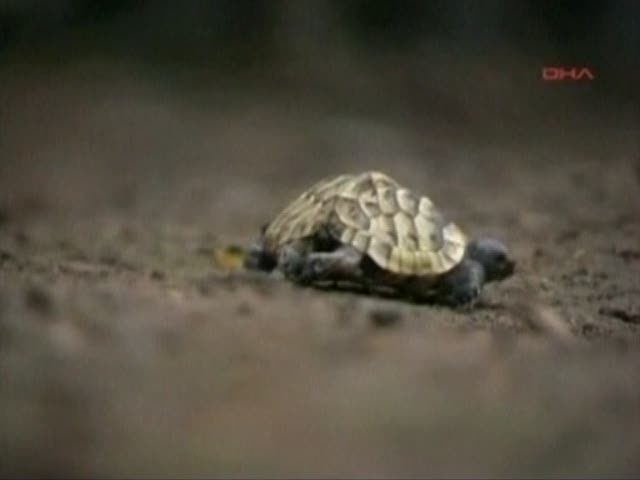 Twin turtles surprise visitors at a nature reserve in Turkey.
more »
Twin turtles surprise visitors at a nature reserve in Turkey.
more »
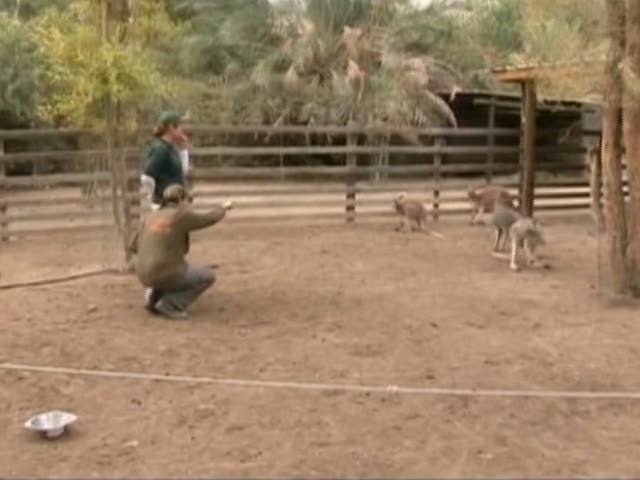 Israeli scientists and veterinarians develop a new, non invasive dental treatment for kangaroos suffering from deadly Lumpy Jaw disease.
more »
Israeli scientists and veterinarians develop a new, non invasive dental treatment for kangaroos suffering from deadly Lumpy Jaw disease.
more »